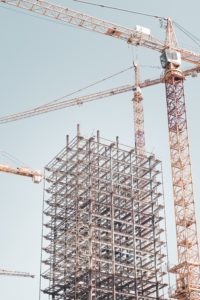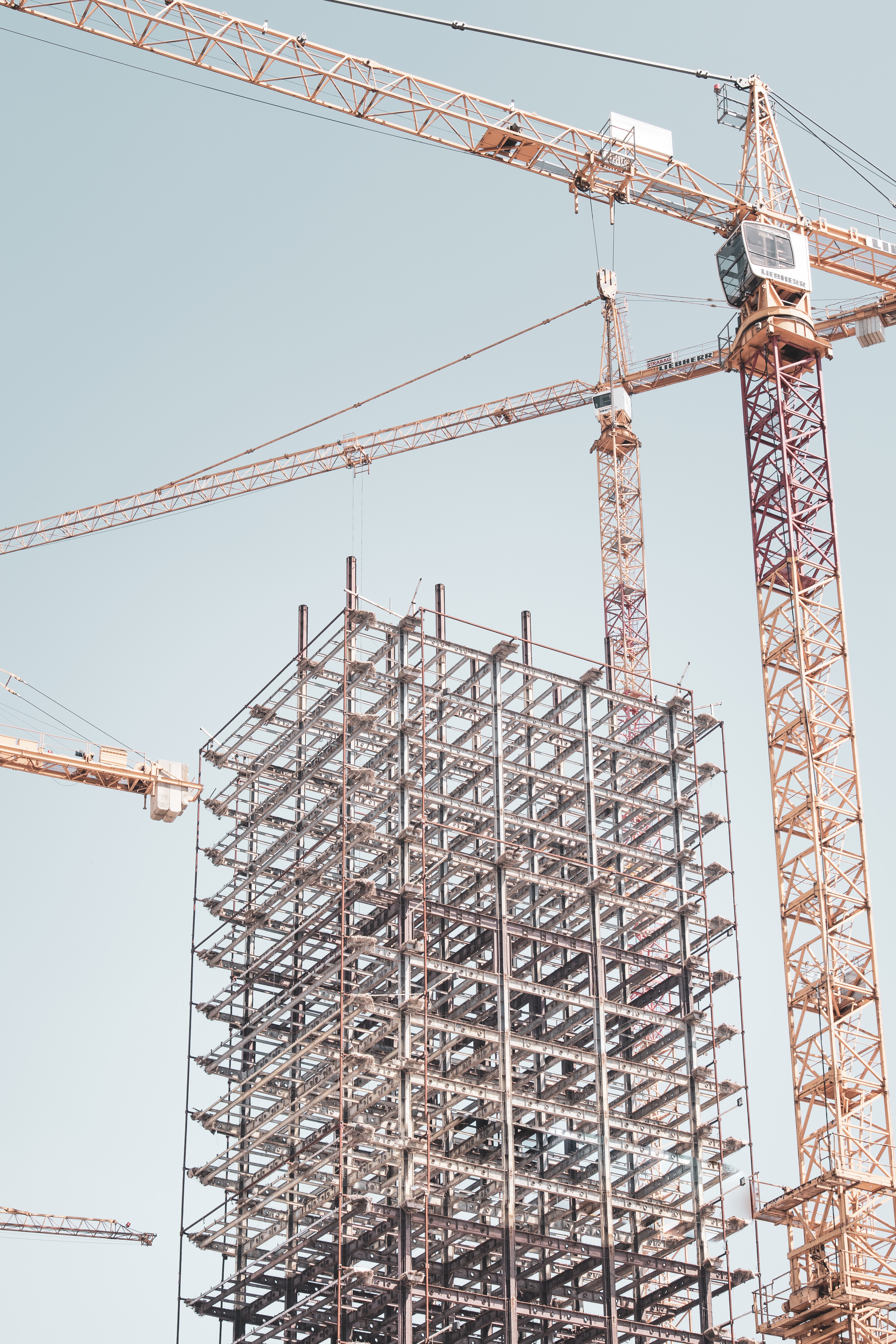 Understanding and complying with building codes and compliance regulations can feel like one more stressful line-item in a commercial construction project, but they are absolutely essential for the safety and protection of workers and occupants both during and after construction.
Understanding and complying with building codes and compliance regulations can feel like one more stressful line-item in a commercial construction project, but they are absolutely essential for the safety and protection of workers and occupants both during and after construction.
Building codes can be state- and even county-specific, and the state of Florida has issued the Florida Building Code (FBC) for all contractors to adhere to. If you’re undertaking a commercial construction build in South Florida, be sure to ask your general contractor about these codes (as well as other pertinent County and City regulations) and compliances:
Accessibility– Florida law stipulates strict adherence to the architectural accessibility requirements of the Americans with Disability Act (ADA) of 1990, and includes scoping and technical requirements related to site, facility, building, and element accessibility for individuals with disabilities.
Building– Included in the building code is everything from wind loads to stairways, occupancy, roof covering requirements, and all other safety standards related to structural strength, stability, sanitation, lighting and ventilation, energy conservation, and building needs of the project.
Energy Conservation– These codes were created to ensure design and construction standards are met for energy efficiency, and include things like making sure wattage is being efficiently distributed across the electrical system, shifting to LED lighting with occupancy sensors, and higher SEER (Seasonal Energy Efficiency Ratio) ratings for HVAC units, electrical and water heating and pumping systems. In short, make sure to ask your GC how the build will minimize operational costs long after construction is complete.
Existing Building– If you’re renovating an existing building, specific codes and compliance measures are in place to ensure that any construction, alteration, repair, replacement, or any other work impacting an existing structure are meeting the latest safety standards.
Fuel Gas– These codes apply to the installation of gas piping, gas appliances, and other gas-related accessories extending form the point of delivery to the inlet connection and installation of appliances and accessories. A key question to ask your GC is what obstacles to they see in building the venting system to be code compliant.
Mechanical– Mechanical codes and compliance standards apply to all mechanical systems, including equipment, appliances, fixtures, fittings, ventilation, heating, cooling, air-conditioning, refrigeration systems, and other energy-related systems as well.
Plumbing– Any installation, repair or replacement having to do with plumbing systems including equipment, appliances, appurtenances, and more can be found in the Florida Plumbing Code. Make sure that your GC addresses the common issues that come with venting and condensation with your build’s plumbing system.
Make sure when undertaking a commercial construction project that your general contractor is completely up-to-date on the latest codes and compliances to ensure all safety standards are met or exceeded. Get in touch with us at 786-433-8740 if you have specific questions about Florida building codes or compliance concerns.
- test :


